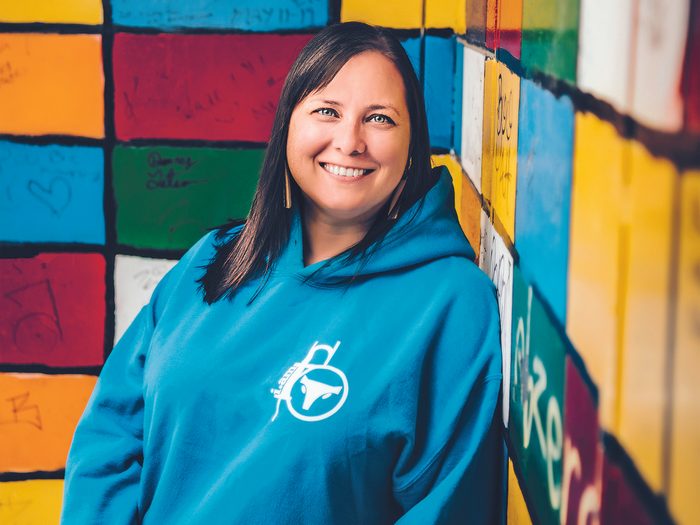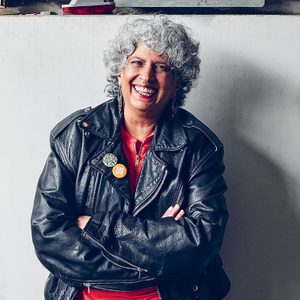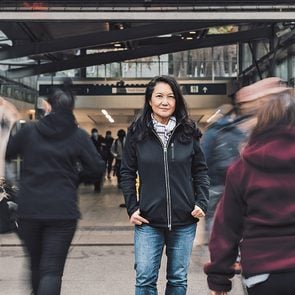How the North is Reinventing Sex Ed for Young People

Public health advocates Candice Lys and Nancy MacNeill co-founded FOXY to tackle the challenges of sex ed in the North with holistic, arts-oriented programming.
Ask any adolescent and they’ll tell you: even at its best, conventional sex ed is the worst. Candice Lys, a 38-year-old public health advocate in Yellowknife, Northwest Territories, jokes that she’s still haunted by a birth video screened during an awkward Grade 8 health class. It’s one reason why she wanted to provide youth with thoughtful, accurate information about their bodies.
That’s an even greater challenge in the North, where distances between small, tight-knit communities create obstacles to accessing health services like STI testing and birth control. Chlamydia is seven times more prevalent among youth between 15 and 24 years old in the Northwest Territories compared to the rest of the country, and for every 1,000 young women aged 15 to 19, there are 103.7 pregnancies, which is nearly three times the Canadian average.
Statistics like these drove Lys and Nancy MacNeill, a fellow health advocate in Yellowknife, to co-found FOXY, or Fostering Open eXpression among Youth, in 2012. Their approach is groundbreaking: holistic, arts-oriented programming around sexual health for and with young women and gender-diverse youth in the North. At each of their workshops, participants use Indigenous forms of knowledge, such as traditional drumming and beading, in addition to theatre, storytelling, music and photography as tools to articulate their own experiences.
Another innovation: rather than adults lecturing teens, youth help develop programming and engage in interactive conversations. They are also provided with leadership training to become peer leaders and facilitators.
Pyper Rehm, a 21-year-old in Yellowknife, attended her first FOXY retreat at the age of 13, returned at 15 and has since become a peer facilitator, travelling to schools and youth groups around the Northwest Territories to help facilitate sessions. “We aren’t teachers,” says Rehm. “It’s interactive, and because we present ourselves as peers, not superiors, it’s more comfortable.”
It helps that many of FOXY’s lessons happen outside the classroom. The organization’s summer programming, for example, takes place in the wilderness. Participants, who range in age from 13 to 17, can apply for all-expenses-paid trips where they develop community projects to take home and share with people around them.
“The activities we do encourage us to be safe, mentally and sexually,” says Shayla Moore, a 16-year-old participant from Hay River. “We learn ways to take care of ourselves and our bodies—because you only have one body for the rest of your life.”
In 2016, Lys and MacNeill added SMASH (Strength, Masculinities and Sexual Health), FOXY’s counterpart for young men, to their programming. Over the past nine-plus years, FOXY and SMASH have hosted more than 550 workshops and 25 peer-leader retreats, connecting with nearly 6,700 youth in 41 different communities across the Northwest Territories, Nunavut and Yukon. Also in 2016, in recognition of their work, Governor General David Johnston gave Lys and MacNeill the Meritorious Service Medal.
But the most powerful moments, Lys says, have been the simplest ones. Take, for example, the first time FOXY ran an anonymous question box session for youth. Participants eagerly peppered facilitators with hours of queries about periods, birth control and more. “Young folks want a safe space where they can ask questions and not be judged,” Lys says. “They want bodily autonomy and independence, but they need information to figure things out.”
Next, check out how this mentorship program in Toronto helps vulnerable youth succeed.






